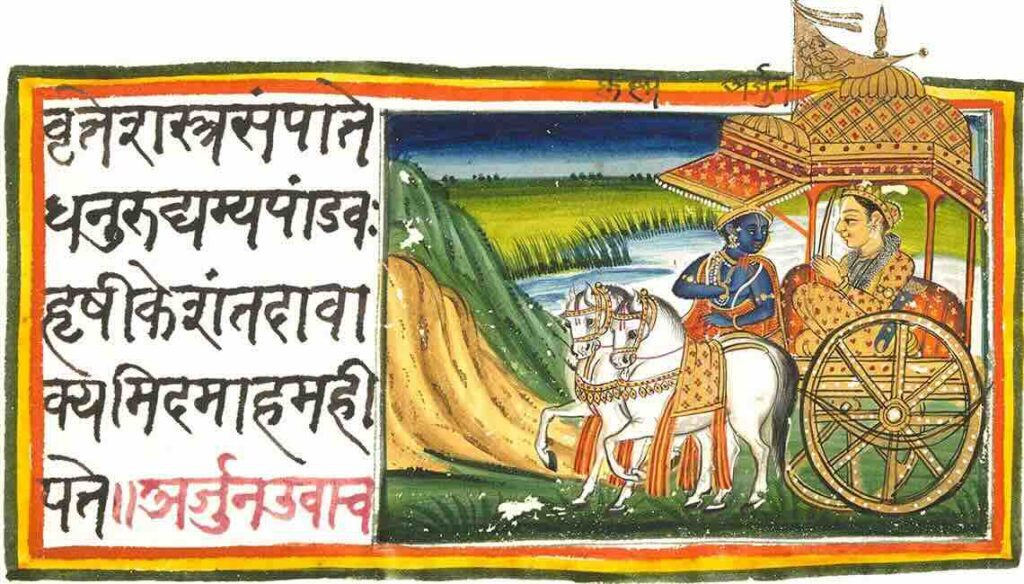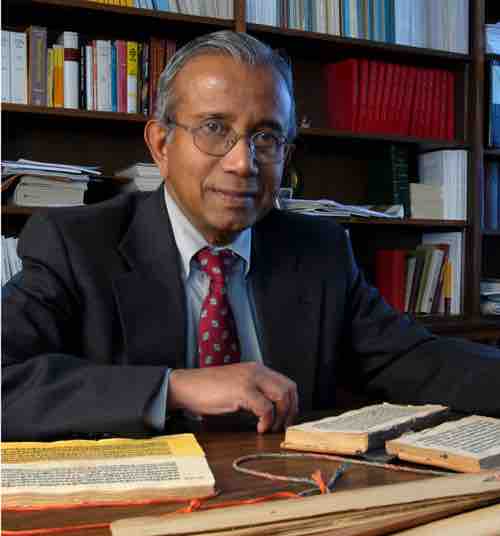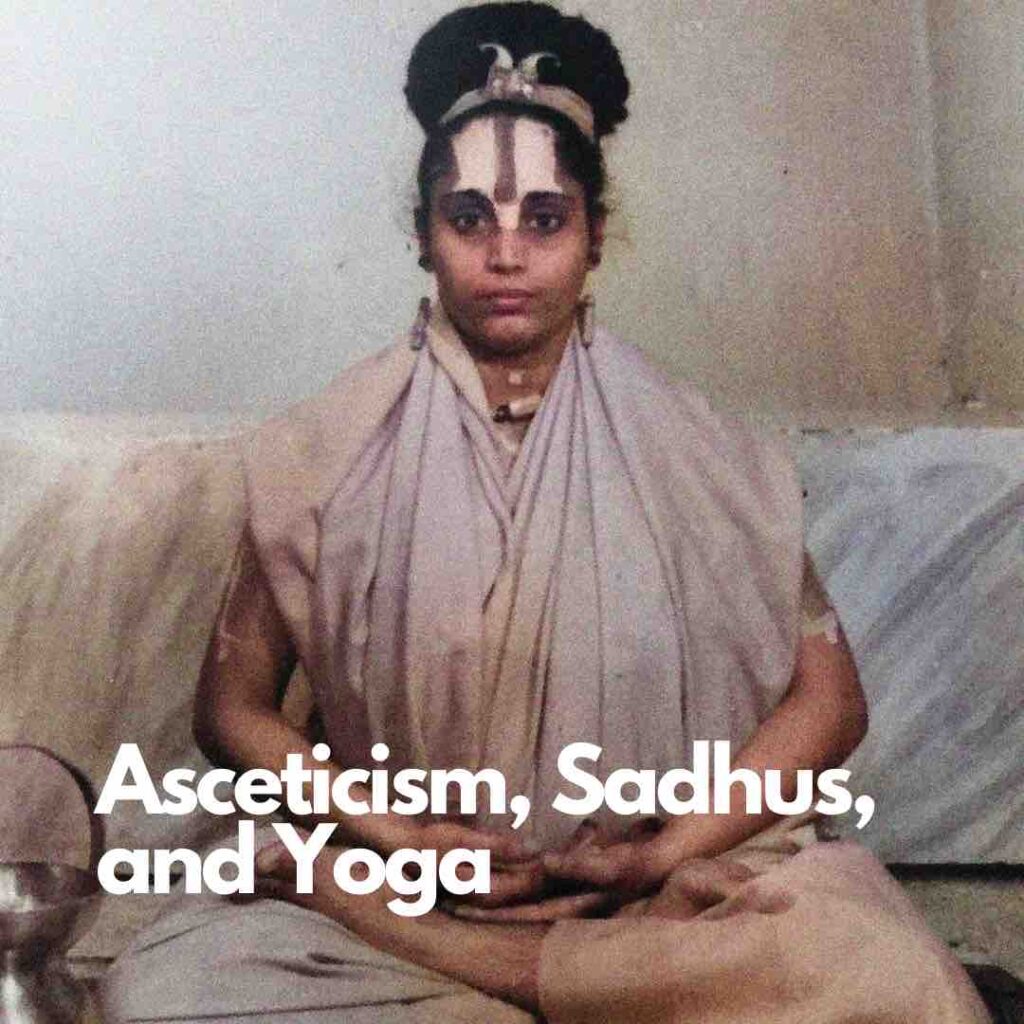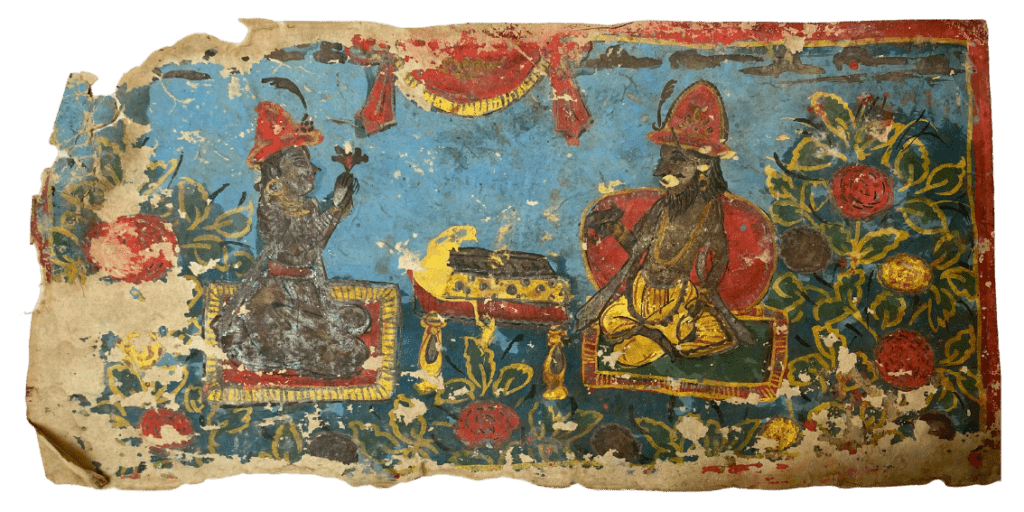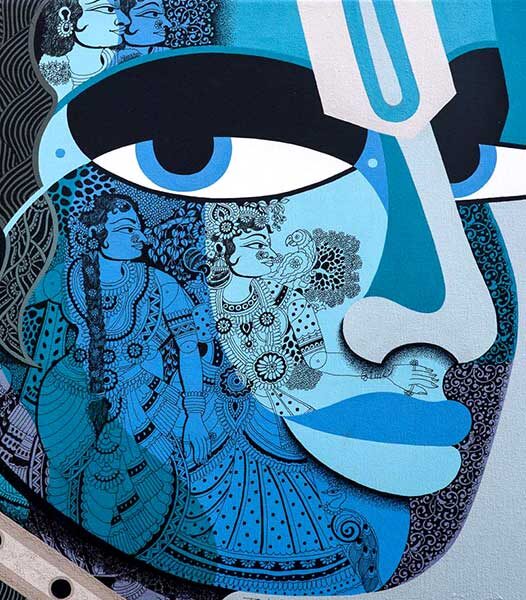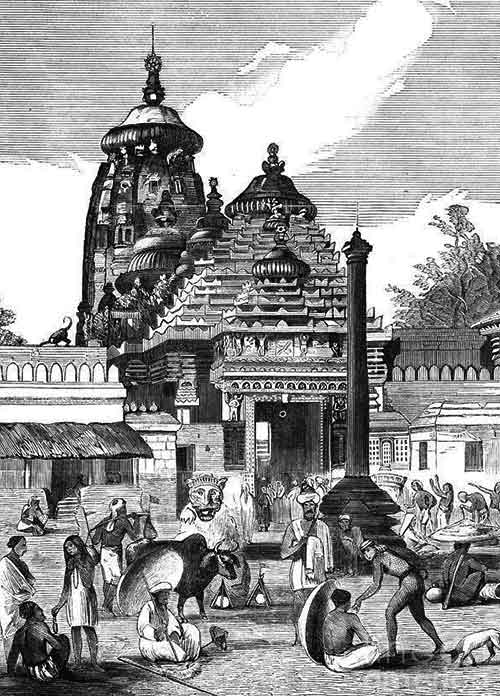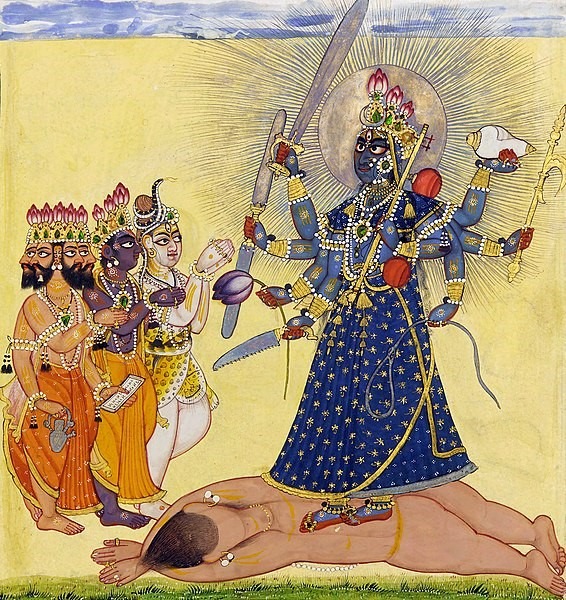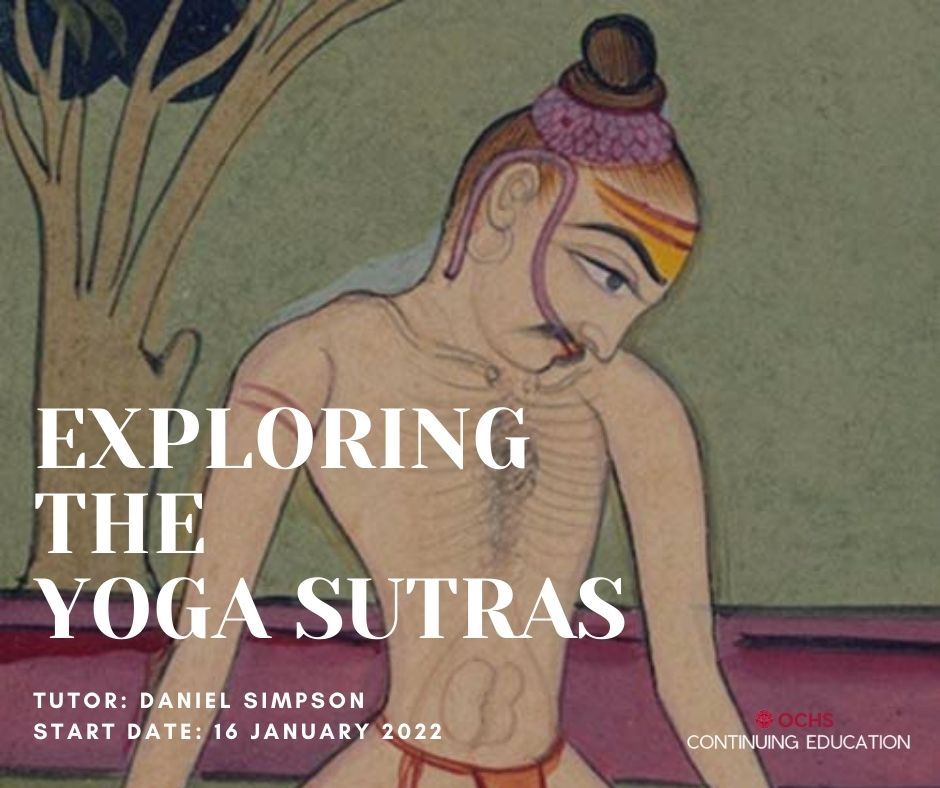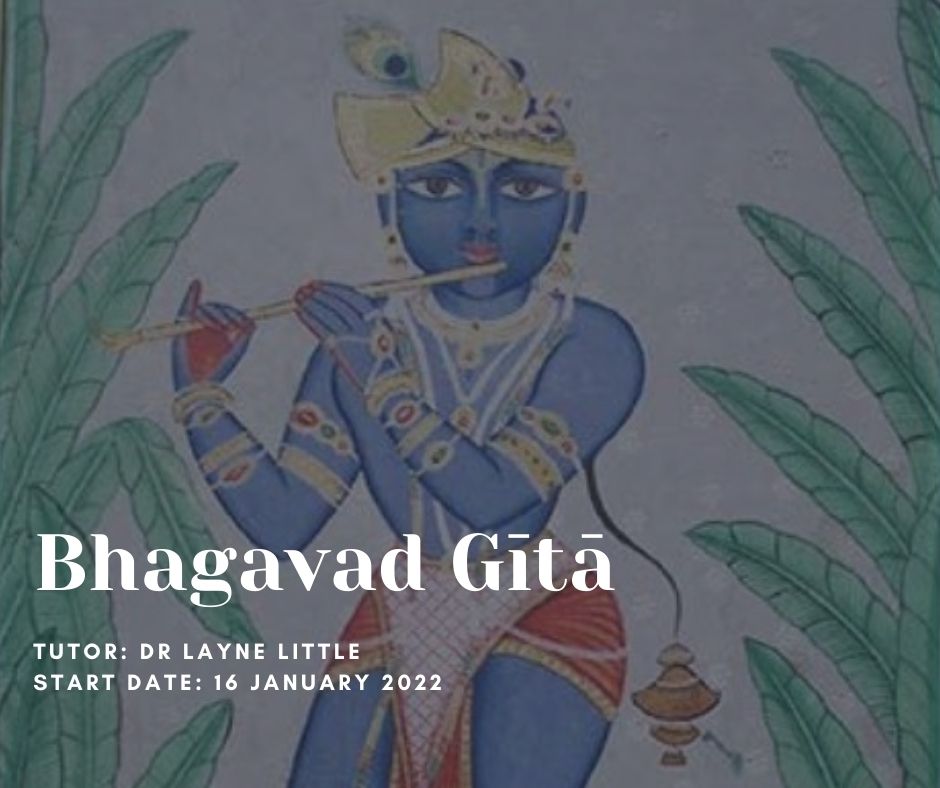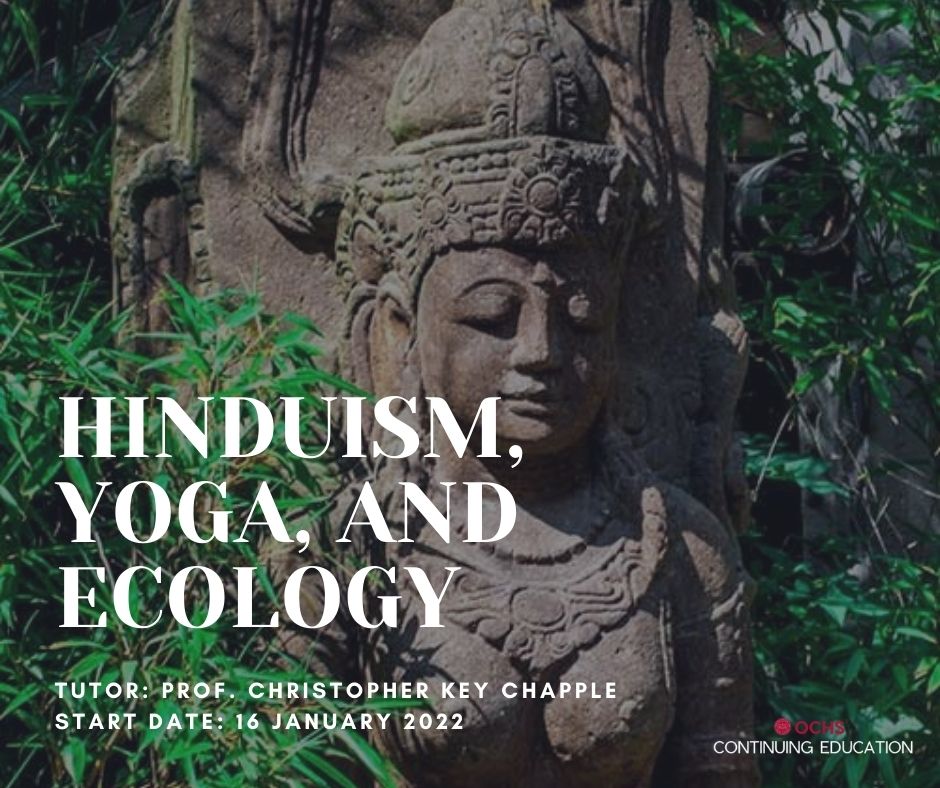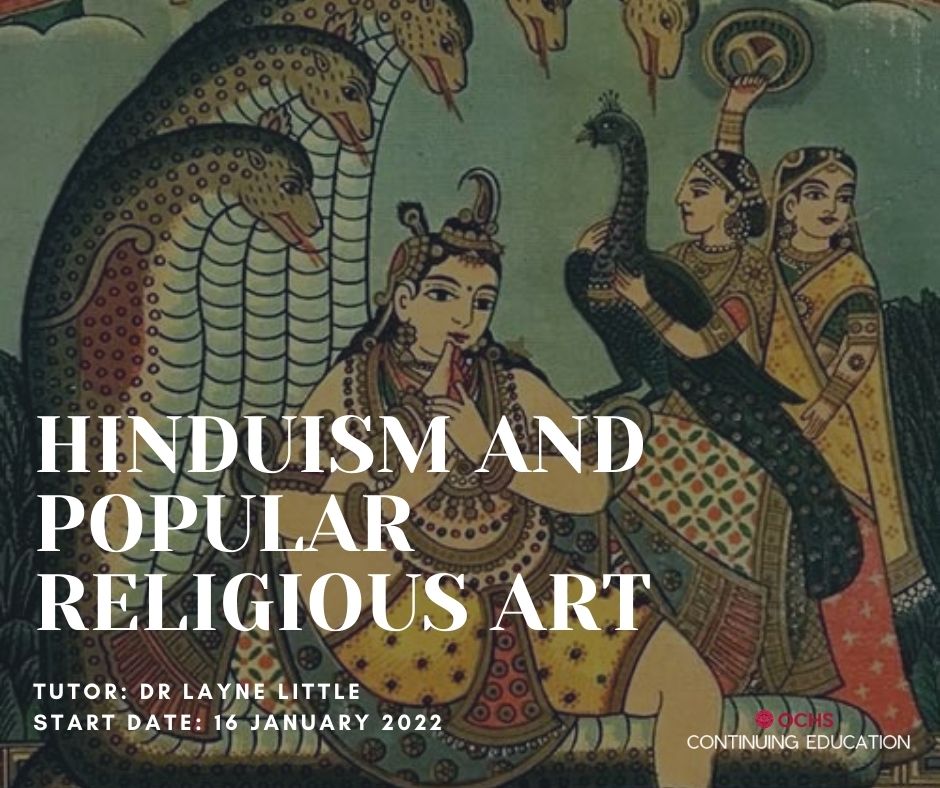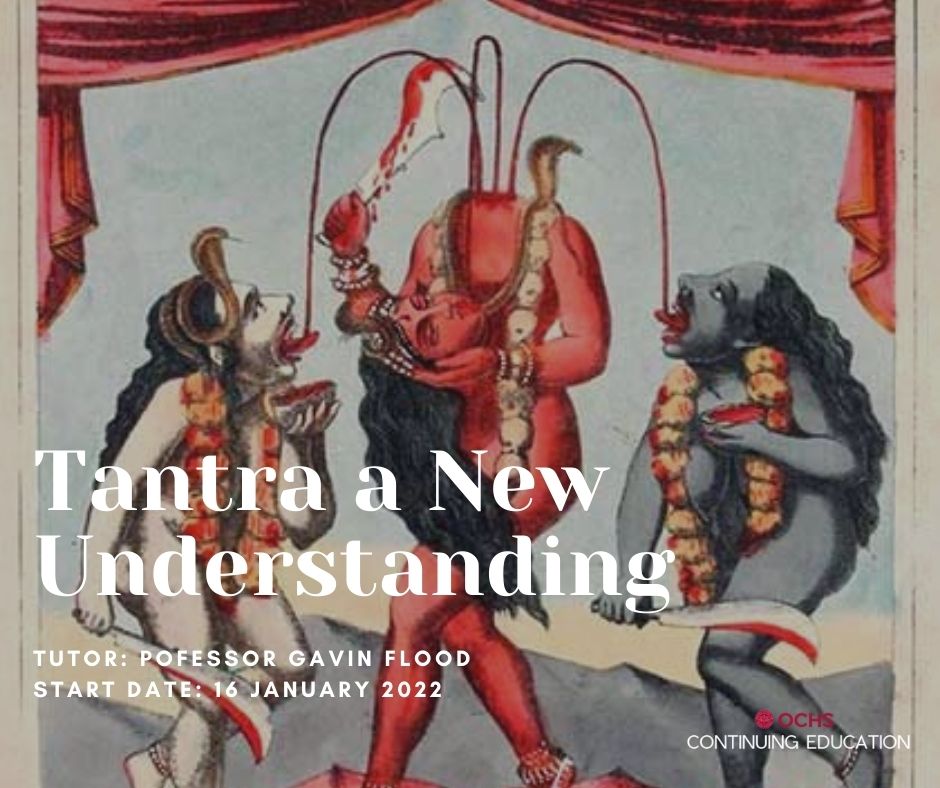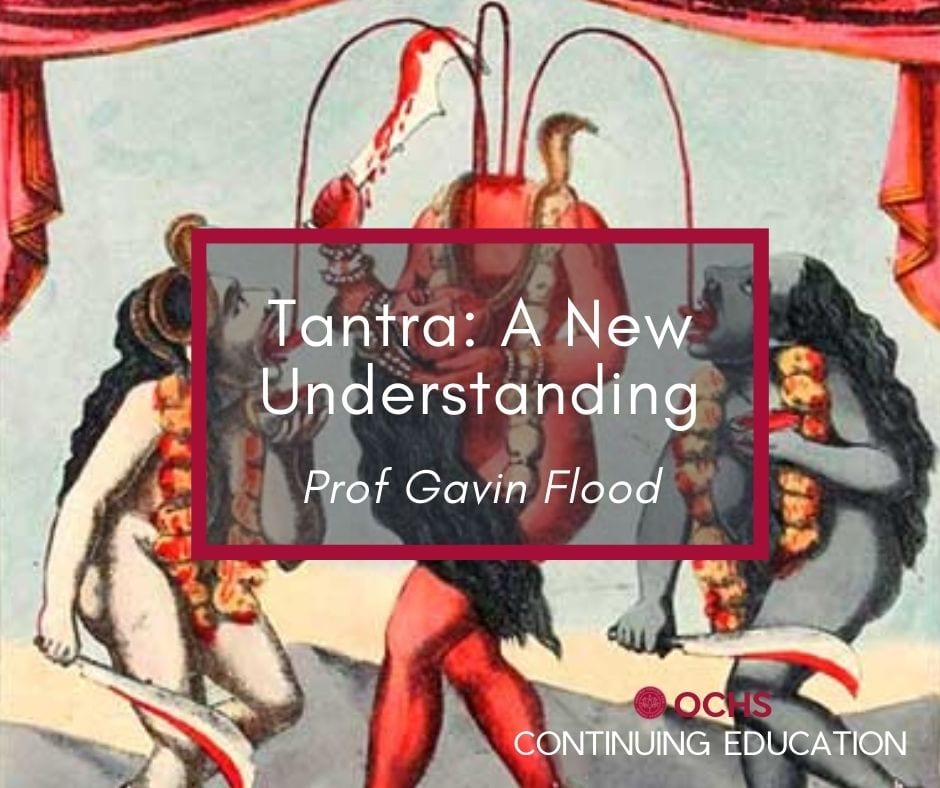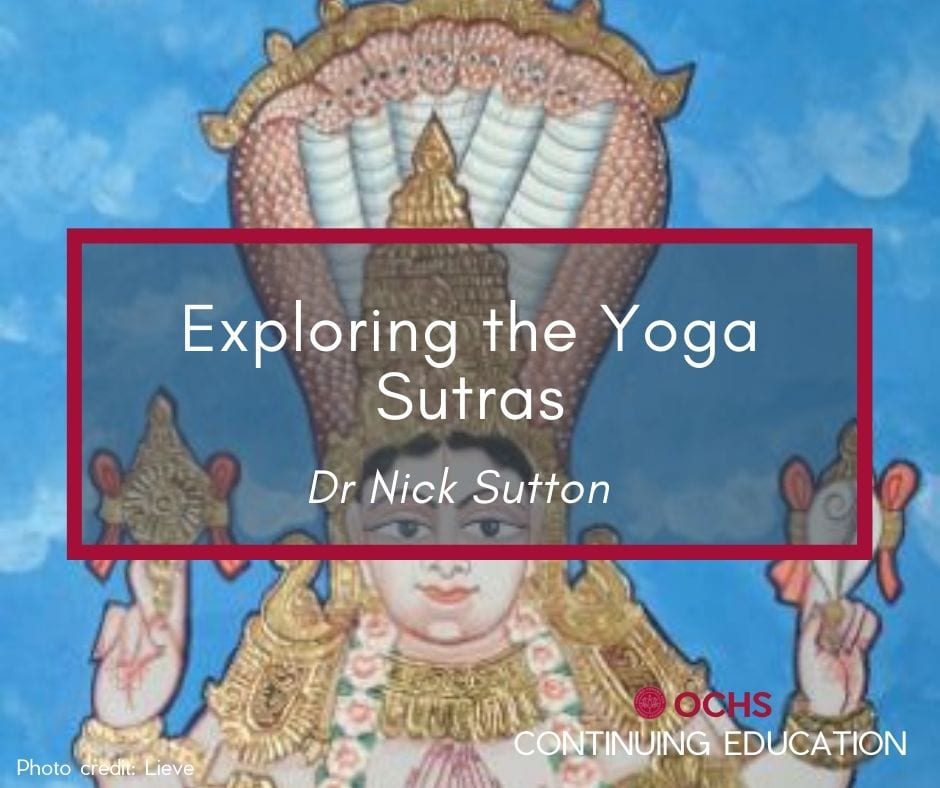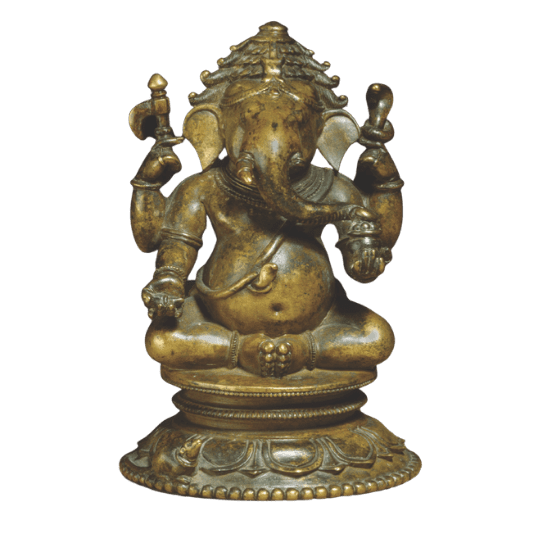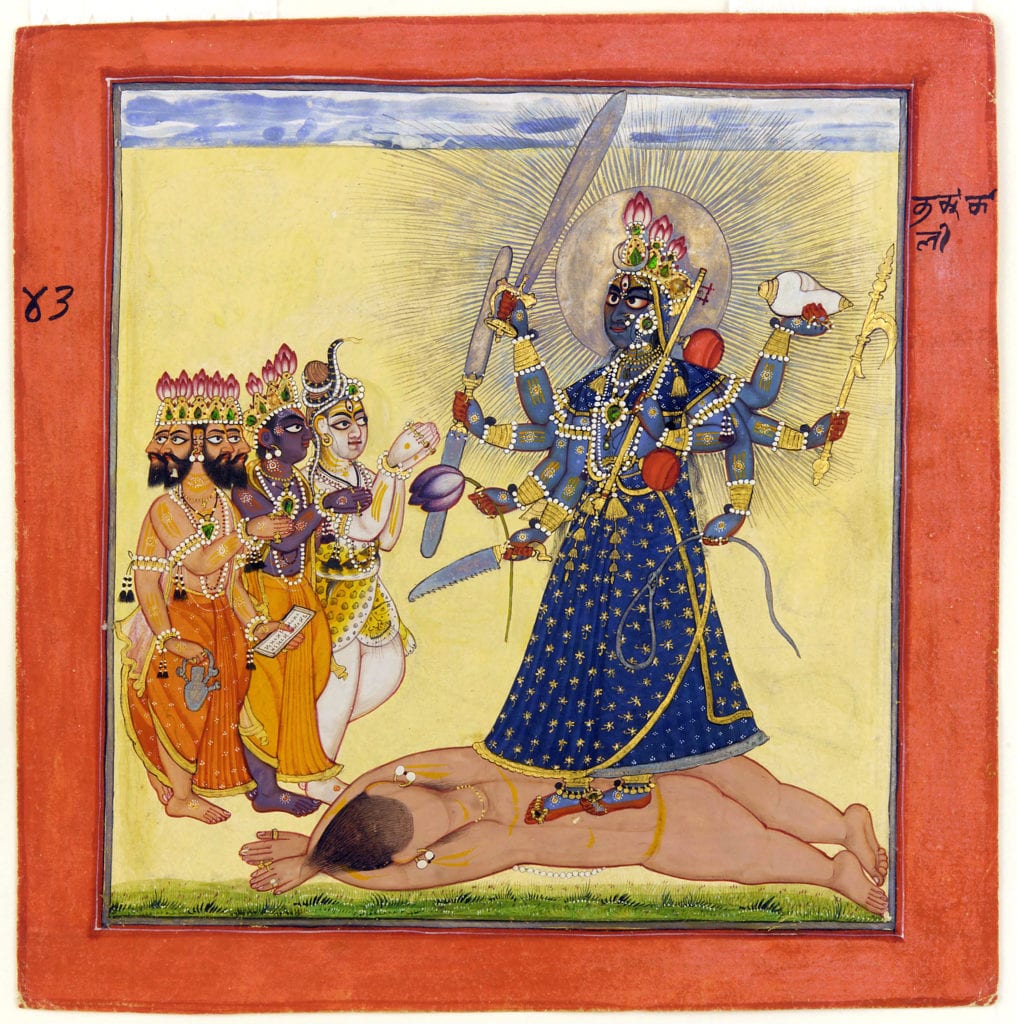A Sanskrit Kickstarter: 15–16 March
Embark on a transformative journey into the heart of Sanskrit – the language of the Gods.
This immersive online weekend school welcomes all levels, from absolute beginners to seasoned practitioners.
Delve into the rich, meditative depths of this ancient language, the cornerstone of Indian history, science, religion, and culture. Explore the elegant Devanāgarī script, learn authentic pronunciation, and unlock the layers of meaning and grammar that make Sanskrit so captivating.
Sessions
History of Sanskrit
Tutor: Dr Rembert Lutjeharms
An Early Morning Hymn to Śiva
Tutor: Prof. Gavin Flood
Speaking Sanskrit
Tutor: Dr Premraj Neupane
Found in Translation
Tutor: Dr Zoë Slatoff
Sunday Morning Mantra
Tutor: Gaiea Sanskrit
A Mantra to Śiva
Tutor: Prof. Gavin Flood
Sound, Silence, and Script: The Sacred Syllable OM in Early India
Tutor: Prof. Finn Moore Gerety
The Forest in the Trees
Tutor: Dr Zoë Slatoff
Complimentary Zoom Sessions
As an extra thank you, enrolment in the Sanskrit Kickstarter gives you free access to next term’s (May–June) five campus-wide Zoom Sessions on a variety of related topics.
Online via Zoom
Saturday 15–Sunday 16 March 2025
11.00am–5.30pm with breaks between each session.
(Recordings will be made available for any sessions you may miss)
Enrolment Fee: £345
